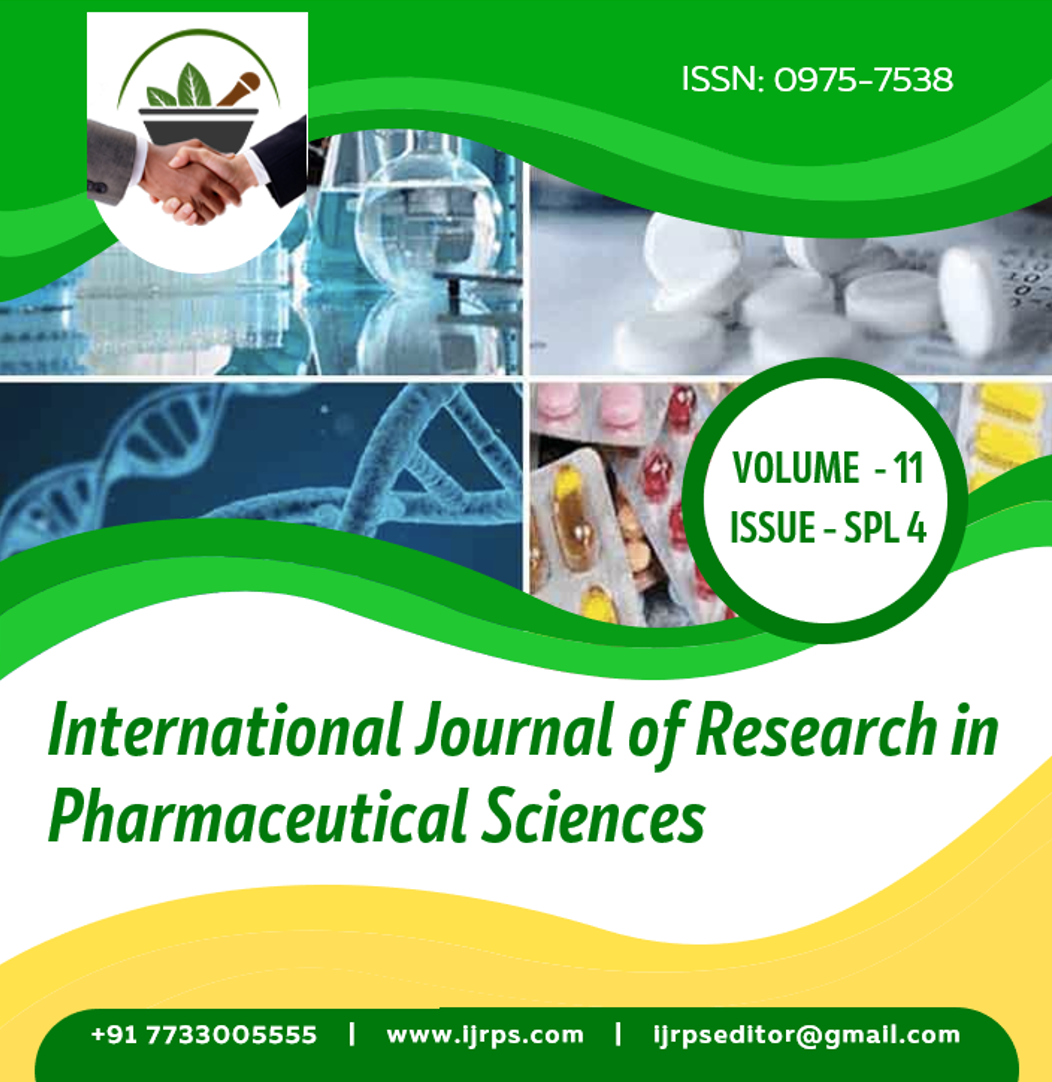Abstract
Breast cancer is the most commonly occurring neoplasm in women, which can be curable as well as can reduce the recurrence of cancer, with the help of various multidisciplinary approaches and thereby decrease the morbidity as well as mortality. Chemotherapy is a well-defined therapeutic approach for breast cancer, but cardiotoxicity is the most potential side-effect associated with chemotherapeutic drugs. Doxorubicin, along with cyclophosphamide, produces serious cardiotoxicity due to potential drug interaction. It is a case of a 63-year-old female patient post-menopausal with k/c/o type 2 diabetic Mellitus on medication. Clinically and radiologically, she was diagnosed with carcinoma left breast (IMC grade III, TNBC, CT2N0Mx). She underwent breast conserving surgery (BCS) or lumpectomy without reconstruction. The HPE report suggestive of infiltrating mammary carcinoma NST grade 3. She was currently on adjuvant chemotherapy IInd cycle. Post chemotherapy, she was admitted with complaints of chest discomfort and chest pain. Screening ECHO showed grade I diastolic dysfunction and also the cardiac enzymes and cardiac marker troponins I was found to be elevated. She had undergone CAG for risk stratification. She was thought to have chemotherapy-induced cardiotoxicity associated with atypical chest pain and was advised medical follow up. Doxorubicin and cyclophosphamide-induced cardiac dysfunction and associated adverse events can be prevented or minimized with dose modification, use of cardioprotective drugs, identifying patient-related risk factors and regular cardiac monitoring of the patient receiving chemotherapy with doxorubicin and cyclophosphamide in breast cancer treatment.
Full text article
Authors

This work is licensed under a Creative Commons Attribution-NonCommercial-NoDerivatives 4.0 International License.

